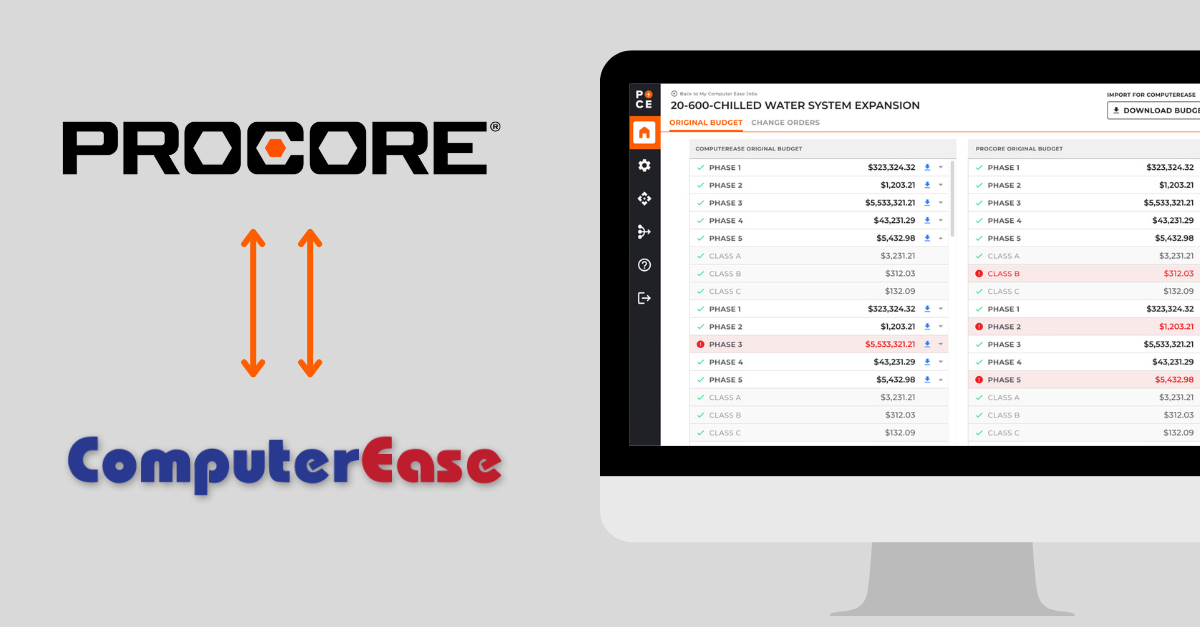Before you start building your new startup, it is important that you validate your idea to make sure there is a market for it. You don’t want to invest months (or years!) of time and money building something that your target market simply isn’t interested in buying.

But how, exactly, are you supposed to do this startup idea validation? Well, startup validation is certainly far from an exact science, but here are some ideas for you to consider…
Start by writing down your startup idea.
Writing just a few lines describing your startup idea may give you the clarity that you may lack if the ideas are simply floating around in your head. This is not the same as developing a business plan. The idea is to simply get a few of your key assumptions down on paper so you can start testing them (by interacting with the people you think are in your target market). You might include…
- Who is the customer?
- What problem are you solving for them?
- How does your business solve that problem?
Check search volume.
Keyword-based cost-per-click advertising makes data available that allows you to quantify the search volume for just about anything. Create an AdWords account and use Google’s Keyword Planning tool to check the search volumes on terms relevant to your startup business idea. Other paid (but relatively inexpensive) tools can give you even more insight. This can give you some insight into how much interest there is in fixing the problem your startup will solve.
Interview prospective customers one on one.
Interview people you think are in your target market. Use your network to find these people. (Do not interview your family and friends!) Approach the interview with a sense of curiosity and a willingness to learn. Probe deeply. If you go with an open mind, you can get some valuable insight.
Of course, there will be some bias built in when you interview prospective customers one on one. They might be less than candid in order to avoid hurting your feelings. Still, the value of the insights you do get will likely outweigh the bias.
Read stories about successful business tools launched with SPARK →
Interview your market by engaging it where it congregates.
The internet is full of a variety of specialized forums where people in your target market congregate. Reddit is just one example of many. One way to learn if your startup idea is of interest to your potential market is to simply expose it to your idea in a specialized forum and see how it reacts. For the feedback you get to be valuable, it is critical that you target your audience effectively. There is little value in getting the opinions of people who are not in your target market. The goal is to get candid feedback from people within your target market who don’t know you and don’t care about your feelings.
Survey the market using paid traffic.
You can use paid traffic (advertisements) to drive visitors in your target market to an online survey form using something like SurveyMonkey or Google Forms. You may need to incentivize them to fill out the survey. Some recommend spending up to $1,000 on paid traffic to gather data from your target market. This can be much cheaper than developing a product or service that your target market doesn’t want.
Simulate the market using paid traffic and a landing page.
Run paid traffic to a landing page that describes your proposed product or service as if it were already built. On that landing page, offer more information on your proposed startup in exchange for the visitor’s email address. By giving you their email address, they are showing some interest in your startup idea.
Concluding Your Validation and Starting Development
None of these market validation methods can give you absolute certainty that your startup idea is a good one. There is a big difference between expressing interest in a solution that hasn’t been built yet and punching in your credit card details. But each of these methods can give you some confirmation that there is an interest in your startup idea.
At some point, the startup founder is going to have to commit and take a certain amount of risk. But by spending some time and money to validate the startup idea first, the founder can eliminate at least some of the risk.
Next, you will need to select a development partner and follow a roadmap to launching a minimally viable product quickly. This will allow you to iterate based on actual customer feedback. Here are some stories of startups that have launched and scaled with SPARK.





